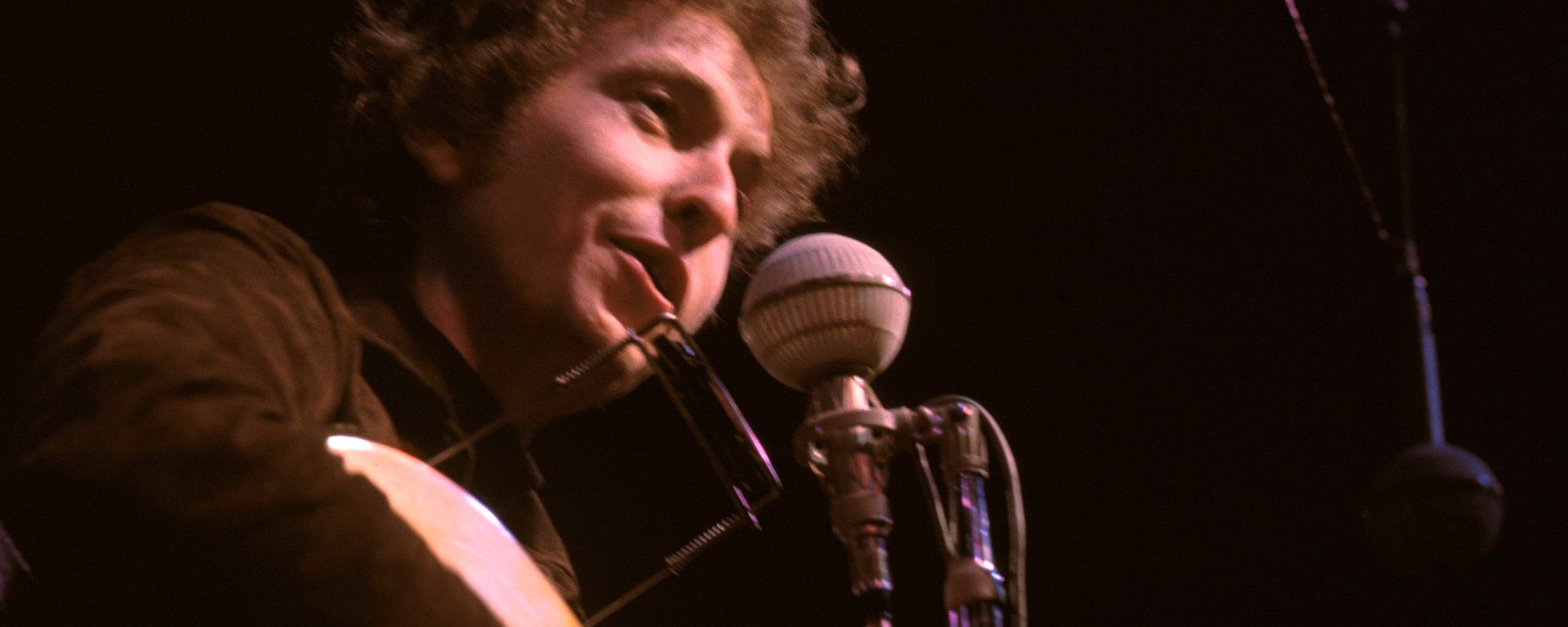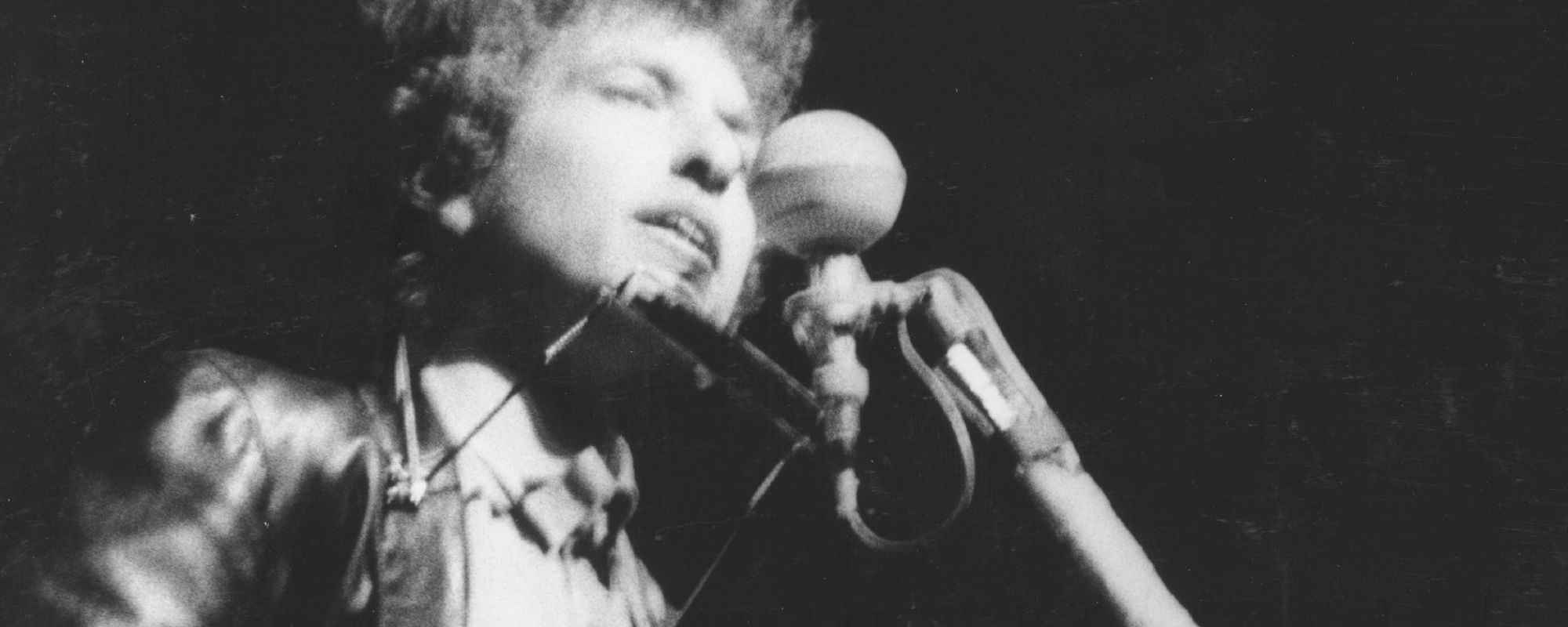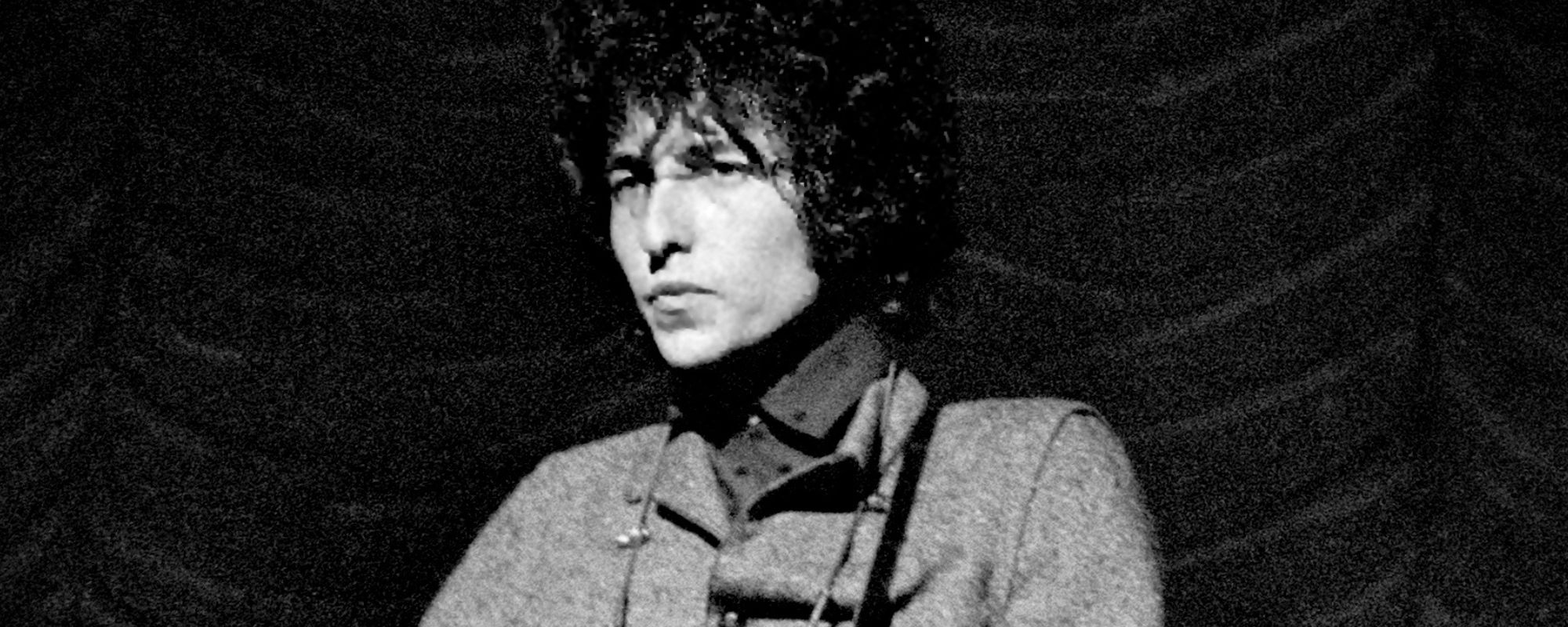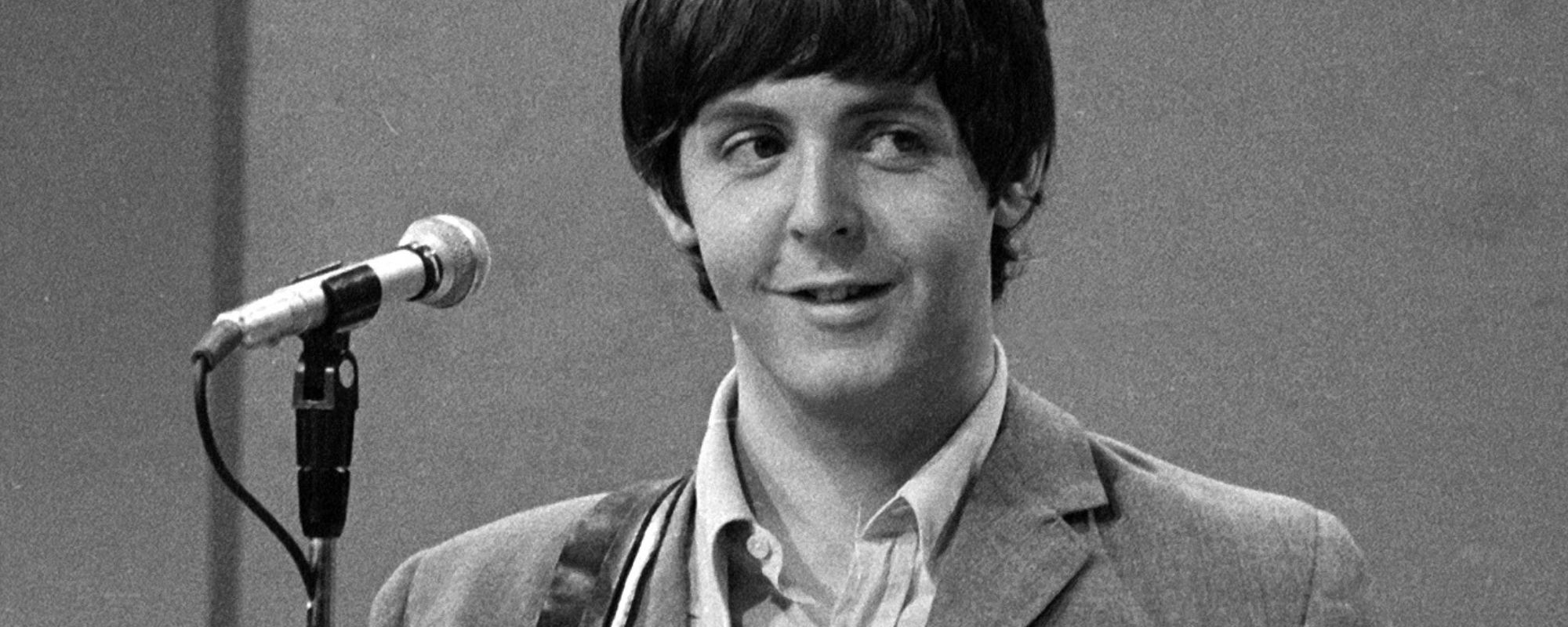When two songwriters fall in and out of love, it’s almost guaranteed that a heart-wrenching song or two will come out of the relationship—as exemplified by the songs Joan Baez wrote about Bob Dylan and vice versa. Baez and Dylan were once the reigning power couple in the early 1960s folk world, but their paths diverged by the following decade.
Videos by American Songwriter
While it can be difficult to pin down concrete life events amidst a songwriter’s use of extended metaphor and the occasional mixing of two or more life events, some tributes are easier to spot than others. Here are three songs that Baez likely wrote for her ex-colleague, friend, and lover.
“To Bobby”
In the earliest stages of their career, Bob Dylan and Joan Baez were professional equals. The pair participated in protests, traveled the country, and performed in tandem. But after Dylan’s career skyrocketed forward following the release of his self-titled debut and sophomore album ‘The Freewheelin’ Bob Dylan,’ the musicians’ priorities shifted. From Baez’s perspective, Dylan was no longer interested in supporting social change. She addressed her feelings in a scathing 1972 track titled “To Bobby.”
You left us marching on the road and said how heavy was the load, Baez sings in the first verse. The years were young. The struggle barely had its start. Do you hear the voices in the night, Bobby? They’re crying for you. See the children in the morning light, Bobby. They’re dying. The following verses implore Dylan to return to his roots. We’re still marching in the streets with little victories and big defeats. But there is joy, and there is hope, and there’s a place for you.
Dylan received Baez’s message loud and clear. “Joan Baez recorded a protest song about me that was getting big play,” Dylan later wrote in his memoir Chronicles (via Rolling Stone). “Challenging me to get with it, come out and take charge, lead the masses, be an advocate, lead the crusade. The song called out to me from the radio like a public service announcement.”
“Diamonds and Rust”
If “To Bobby” was a callout by a former colleague and fellow activist, Joan Baez wrote her 1975 track “Diamonds and Rust” from the perspective of an ex-lover. The song offered a heartbreaking glimpse into the personal side of Baez and Dylan’s relationship. In a 2010 interview with HuffPost, Baez said she didn’t intend to write the song about Dylan. But after he unexpectedly called her from a [phone] booth in the Midwest, her narrative changed to reflect on her past life with Dylan.
Now, I see you standing with brown leaves falling all around and snow in your hair, she continues, recalling their time together in New York. Now you’re smiling out the window of that crummy hotel over Washington Square…speaking strictly for me, we both could have died then and there. The song grows terse as it ends, with Baez snidely remarking, Now you’re telling me you’re not nostalgic. Well, give me another word for it, you who are so good with words and keeping things vague.
Despite the at-times harsh vulnerability of Baez’s ode to Dylan, he later spoke highly of the song. “I love that song,” Dylan said in the 2009 documentary Joan Baez: How Sweet the Sound. “To be included in something that Joaney had written…it still impresses me.”
“O Brother!”
Bob Dylan is known for his extensive use of opaque metaphor, and his part-familial, part-romantic, and part-religious song “Oh, Sister” is no exception. It’s not readily apparent whether Dylan wrote this song about Joan Baez. However, its proximity to her release of “Diamonds and Rust” and Baez’s follow-up release of the similarly titled “O Brother!” makes a compelling argument that this was the case.
Dylan’s song, which he released in January 1976, begins Oh, sister, when I come to lie in your arms, you should not treat me like a stranger. Months later, Baez released “O Brother!” in November, which included the line I’ve known you for a good long while, and would you kindly tell me, mister, how in the name of the Father and the Son did I come to be your sister? Baez’s lyrics seem to reference Dylan’s use of familial titles and the religious spin he takes with the final verses of “Oh, Sister.”
If Baez’s song really is about Dylan, it was another cutting one. You’ve done dirt to lifelong friends, Baez continues, with little or no excuses. Who endowed you with the crown to hand out these abuses? Your lady knows about these things, but they don’t put her under. Me, I know about them, too, and I react like thunder.
Photo by Keystone/Getty Images













Leave a Reply
Only members can comment. Become a member. Already a member? Log in.